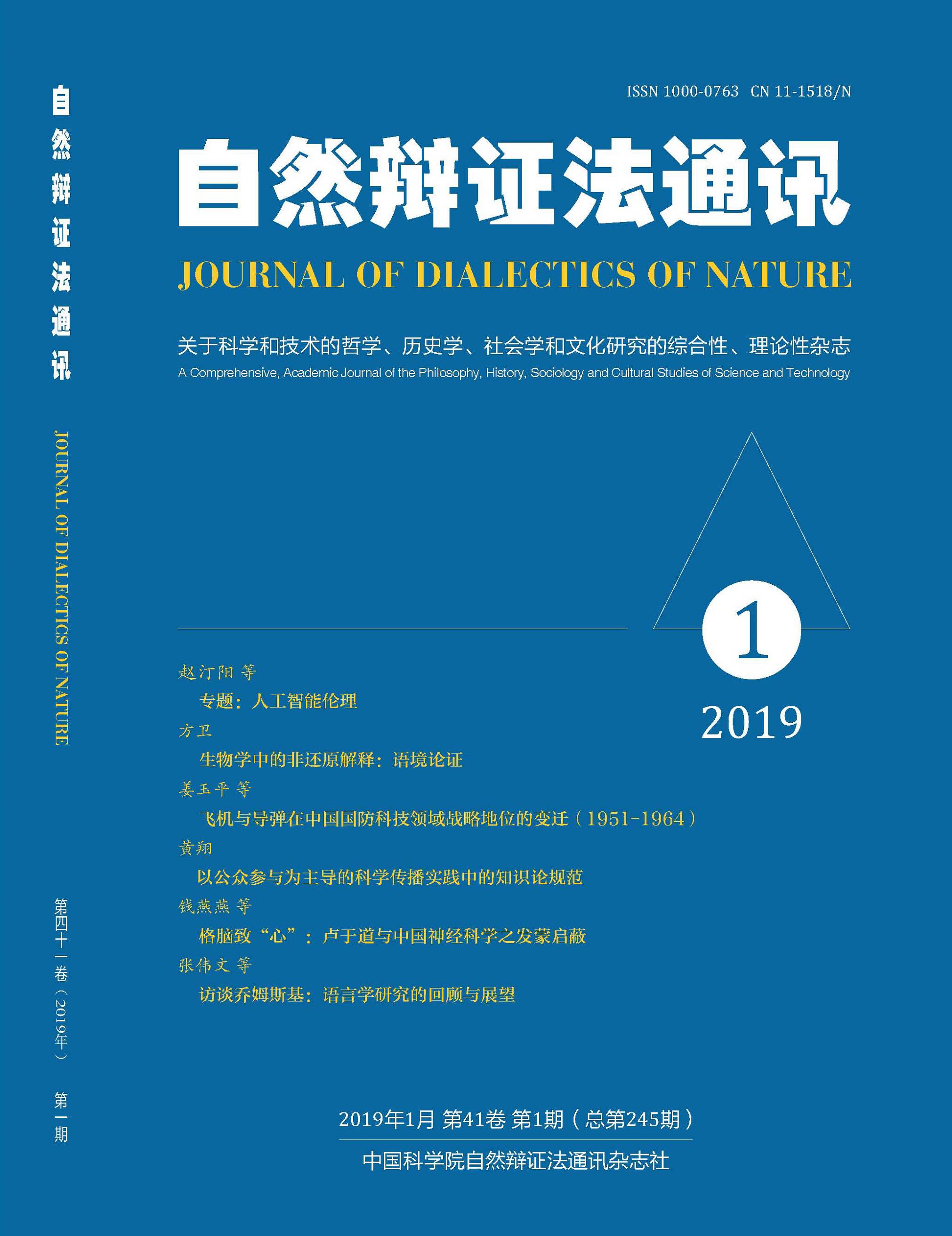

Abstract
Biological practice over the last several decades has shown that in many cases we cannot properly explain a higher-level phenomenon of interest only in terms of phenomena or mechanisms provided by lowerlevel explanations; to properly explain the higher-level phenomenon, information provided by the higher-level is also indispensable. One typical case is the context dependence of biological phenomena, namely, the occurrence of a higher-level phenomenon depends on its relevant environmental factors (e.g. cellular environments) which cannot simply be reduced to the lower-level (e.g. molecules) . On the other hand, the occurrence of the higher-level phenomenon can sometimes be independent of its lower-level underpinnings, since a change to the lower-level underpinnings does not necessarily result in corresponding changes in the higher-level. Facts based on these two sides constitute a ground for rejecting explanatory reductionism. This essay, by reference to examples drawn from biological practice, will discuss how contextual facts pose a challenge to explanatory reductionism.
Key Words
Biology; Practice; Explanation; Reduction; Context
Citation: Fang, W. 'Non-Reductive Explanation in Biology: Context Arguments' [J]. Journal of Dialectics of Nature, 2019, 41(1): 26-32.
Download: Non-Reductive Explanation in Biology: Context Arguments
- Contact Us
- Address: No.19A Yuquan Road, Beijing, 100049, China
- Phone: +86-10-88256007
- Email:jdn@ucas.ac.cn




